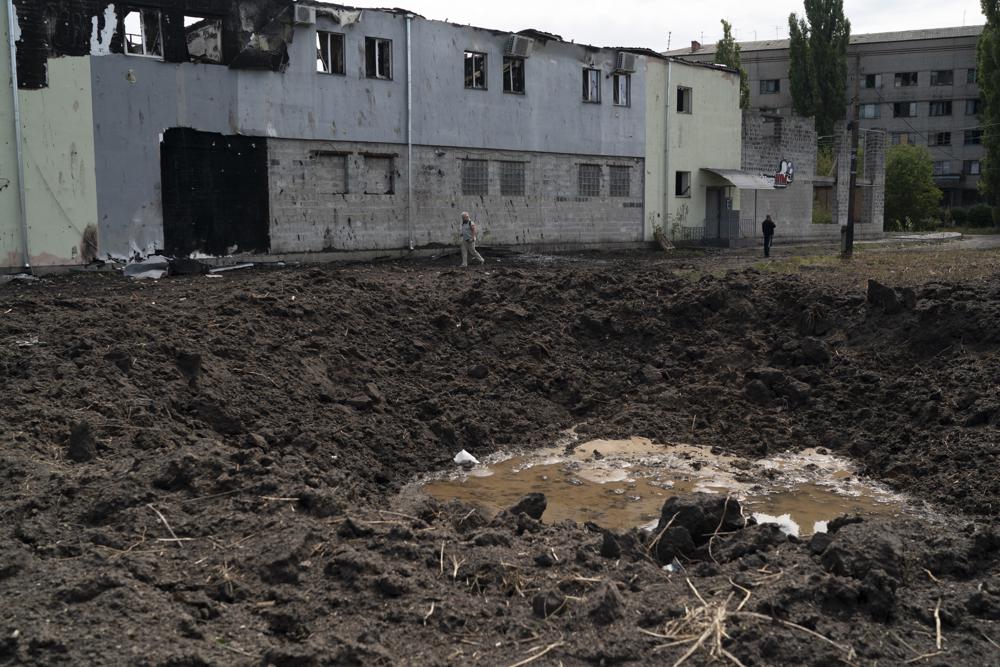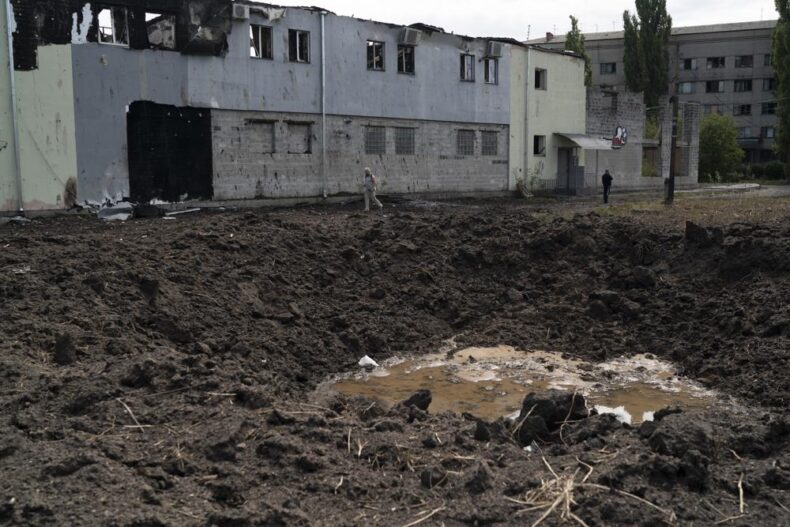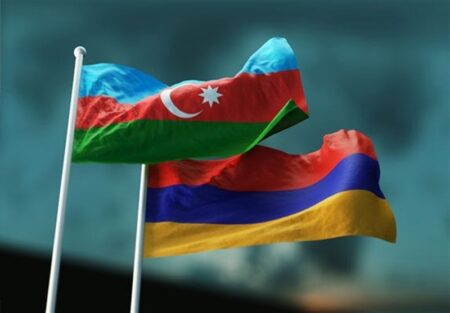By Harsha Josephine Antony | On Tue 6 Sept 2022 | 10.45 pm IST |
Photo credit: AP Photo

The Russian Ministry of Defense is reportedly buying millions of missiles and artillery rounds from North Korea for its ongoing fight in Ukraine, according to a recently revised U.S. intelligence finding.
According to a recently downgraded U.S. intelligence conclusion, the Russian Ministry of Defense is now acquiring millions of rockets and missiles and artillery shells from North Korea for its ongoing conflict in Ukraine. The fact that Russian is turning to North Korea, a reclusive nation, shows that “the Russian military continues to suffer from severe supply shortages in Ukraine, due in part to export controls and sanctions,” a U.S. official who spoke on the condition of anonymity to discuss the intelligence assessment said on Monday. According to U.S. intelligence officials, Russian officials may eventually want to buy more military hardware from North Korea. The New York Times broke the news of the intelligence discovery first.
Russia will purchase missiles
According to the U.S. official, how many weapons and missiles Russia will be buying from North Korea was not specified. The discovery follows the recent confirmation by the Biden administration that Russian military personnel received drones made in Iran in August for use in the conflict in Ukraine. According to the White House’s statement from last week, Russian drones produced in Iran that it purchased from Tehran in August to employ in its conflict with Ukraine have been having technical issues.
As part of what the Biden administration claims is probably part of a Russian effort to purchase hundreds of Iranian unmanned aerial vehicles (UAVs) for use in Ukraine, Russia acquired Mohajer-6 and Shahed-series unmanned aerial vehicles over the course of several days last month. North Korea has tried to improve ties with Russia as most of Europe and the West have distanced themselves, blaming the United States for the Ukraine problem and criticising the West’s “hegemonic policy” as a justification for Russia’s military intervention in Ukraine to defend itself. To aid in the reconstruction of the country’s eastern Russian-occupied territory, North Korea has expressed interest in deploying construction personnel.
In a recent meeting with representatives from two Russia-backed separatist areas in the Donbas region of Ukraine, North Korea’s ambassador to Moscow voiced hope about cooperation in the “field of labour movement” and cited his nation’s loosened influenza border controls as justification. North Korea furthered its alliance with Russia over the situation in Ukraine in July when it became the only country, excluding Russia and Syria, to recognise the independence of Donetsk and Luhansk’s territories. According to U.N. resolutions, the North is not allowed to export or import weapons from other nations; therefore, sending weapons to Russia would be against the law. It would also go against a U.N. resolution requiring all members to repatriate all North Korean workers from their territory by 2019. Its potential transfer of labourers to the Russian-occupied territories in Ukraine would also go against that resolution.
A U.S.-led effort to strip North Korea of its nuclear weapons has been hampered by rumours that China and Russia haven’t completely enforced U.N. sanctions against that country. North Korea’s provocative action comes as the Biden administration grows more concerned about the country’s stepped-up efforts to acquire nuclear weapons. More than 30 ballistic missiles have been fired in tests by North Korea this year, including its first intercontinental ballistic missile flights since 2017. This is happening despite pressure and sanctions from the United States. North Korea’s leader, Kim Jong Un, is pushing for the advancement of his nuclear arsenal. Over the course of the protracted conflict in Ukraine, the U.S. has regularly degraded and revealed intelligence findings to draw attention to Russian disinformation schemes or to the challenges Moscow is having carrying out the conflict. The less powerful Ukrainian military has resisted the more powerful Russian forces with great force.
Recently, Kim and Russian President Putin exchanged letters in which they both urged for “complete” and “strategic and tactical” collaboration between the two nations. For its part, Moscow has released remarks denouncing the resumption of significant military drills between the United States and South Korea this year, which North Korea perceives as a practice for an invasion. Russia and China have urged the United Nations to relax the sanctions placed on North Korea as a result of its nuclear and missile tests. Both nations are members of the U.N. Security Council, which has authorised a total of 11 rounds of sanctions against the North since 2006. A U.S.-led effort to put fresh economic restrictions on North Korea in response to its high-profile missile tests this year was blocked in May by Russia and China.
According to some experts, Kim may be more determined to hold onto his nuclear arsenal since he may believe that Russia attacked Ukraine because it had signed away its nuclear arsenal. When North Korea was founded in 1948, Soviet diplomats put Kim Il Sung, the late grandfather of Kim Jong Un, as the nation’s first leader. This is when relations between Moscow and Pyongyang first began to develop. Since then, Soviet aid shipments have been essential in maintaining North Korea’s economy for decades prior to the dissolution of the Soviet Union in the early 1990s. Since then, Moscow has established formal diplomatic ties with Seoul to attract South Korean investment and allowed its military partnership with North Korea from the Soviet era to come to an end.
However, following his victory in office in 2000, Putin made a concerted attempt to mend relations with North Korea in what was perceived as a move to reclaim his nation’s historical spheres of influence and win over more allies to help him cope with the United States.













